Pilbara, pizza, coal and Chadstone: the winners and losers from how the rich invested in 2020
COVID-19 had a big effect on the fortunes of Australia’s wealthy elite this year – but many made a lot of money during the pandemic.
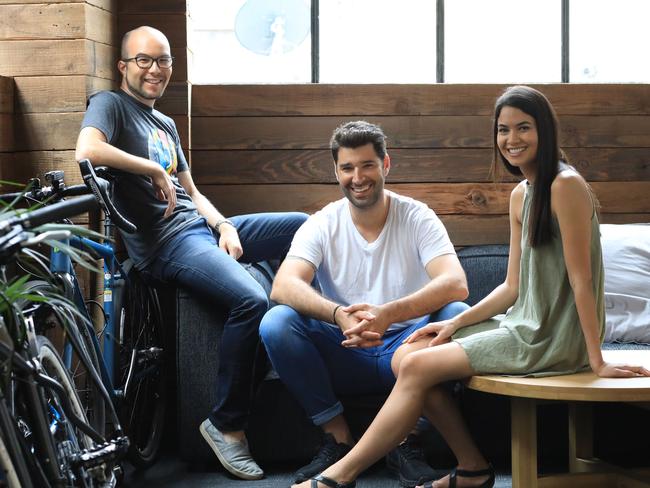
It has been a great year for pizza, the Pilbara and Pepperstone.
Remarkably, Australia’s wealthiest and most successful business owners and investors are likely to end 2020 in an overall better position than at the start of the year – and certainly much better than expected when markets plunged at the height of COVID-19 in mid-March.
But it is a lopsided result in some ways.
Billionaires in iron ore have benefited from that commodity’s surging price, as have those in technology – especially in businesses with a working from home flavour – and most companies exposed to the home food delivery sector.
Not to mention Owen Kerr’s Pepperstone, which made huge profits as customers flocked to trade currencies and contracts for difference in record numbers.
But others sectors are experiencing tougher times. The travel sector virtually stopped mid-year and stocks exposed suffered accordingly, as did those with investments in shopping centres, movies and coal.
Here are the good and bad stories for members of The List – Australia’s Richest 250 in 2020, a year that has been like no other in recent memory for investors.
Winners
Andrew Forrest: Forget third place, Fortescue Metals Group should be known as the “second force” in Australian mining given it is now worth almost $30bn more than rival Rio Tinto. Forrest’s wealth is now more than $25bn as FMG keeps hitting record share price highs, having more than doubled since January 1.
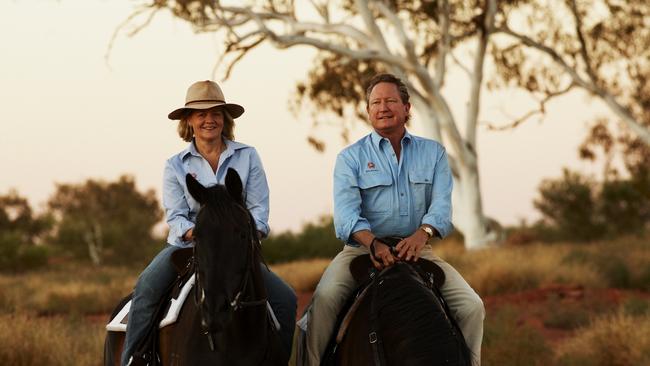
Gina Rinehart: In a remarkable feat, Rinehart’s Roy Hill mine has paid off its $US7.2bn debt load only six years after she raised the massive funding package to fulfil a dream of having her own mine. Profits at Rinehart’s Hancock Prospecting surged to $4bn as the iron ore price kept rising during 2020, likely putting her paper fortune at more than $30bn,
Nick Molnar and Anthony Eisen: Shares in the ‘buy now, pay later’ juggernaut Afterpay have trebled since the start of the year, cementing the two founders’ status as billionaires. Molnar, 30, is Australia’s youngest self-made billionaire and Afterpay has doubled its active user base to more than 11m as spending habits changed during the pandemic.
Owen Kerr: As the founder of private foreign exchange trader Pepperstone, Kerr shared in the spoils of a hugely profitable year. Pepperstone’s profits soared 50% to $150m for the 2020 financial year and it paid its shareholders – including Kerr and co-founder Joe Davenport – a whopping $162.1m in dividends.
Jack Cowin: Australia’s fast food king has had a good pandemic as the public got their meals delivered or via drive through. His private Competitive Foods, the owner of Hungry Jacks, enjoyed a 16% revenue surge to $1.82bn and shares in Domino’s Pizza Corporation, of which Cowin is chairman and major shareholder, hit an all-time record in October.
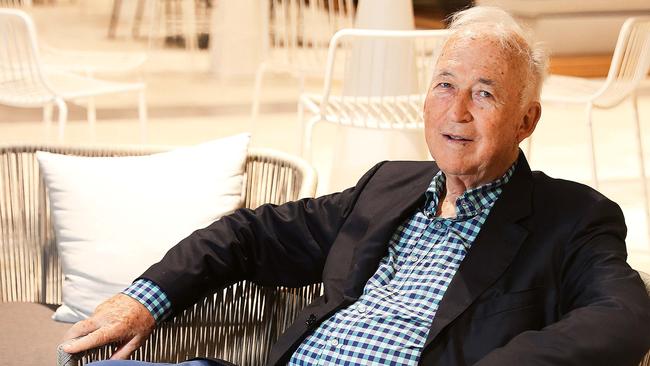
Michael and Matt Heine: A boom in share trading after the markets hit a low in March and big adjustments in investment portfolios has the Heine family’s superannuation and wealth management platform trading at record highs. Netwealth’s shares have doubled since January.
Mike Cannon-Brookes and Scott Farquhar: Shares in Atlassian quietly hit an all-time record high last week, giving the two founders estimated paper wealth of about $20bn each. Atlassian, which makes collaborative software, has benefit from the working from home trend during COVID.
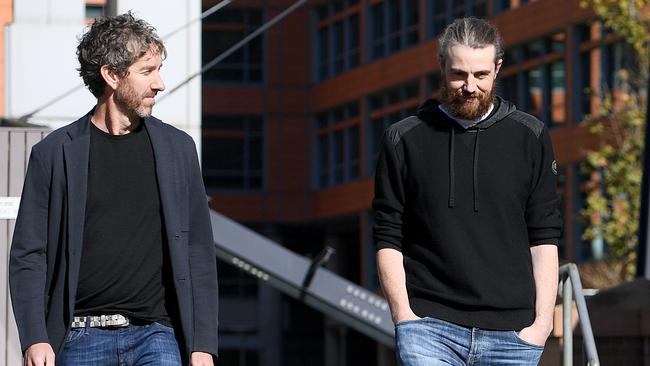
Will Vicars: the co-chief investment office at the private Caledonia may be Australia’s best performing stockpicker this year. Vicars’ portfolio includes US food delivery business Grubhub and global gambling company Flutter Entertainment. Caledonia’s profits increased five-fold to $100m.
David Dicker: Dicker Data is a 40-year overnight success with shares in the computer software distributor up 55% since January. Dicker’s stake is now worth more than $650m.
Melanie Perkins, Cliff Obrecht, Cameron Adams: The trio behind one of Australia’s most popular ‘unicorns’ are all billionaires on paper after a $US60m funding round in June valued the digital graphics business at $US6bn. Perkins, 32, is Australia’s third wealthiest woman.
Losers
Graham Turner: the Flight Centre chief executive is defiantly predicting a return in demand for leisure travel, but COVID means his wealth and that of fellow co-founders Geoff Harris and Bill James has taken a big hit. Flight Centre shares are down about 60% this year.
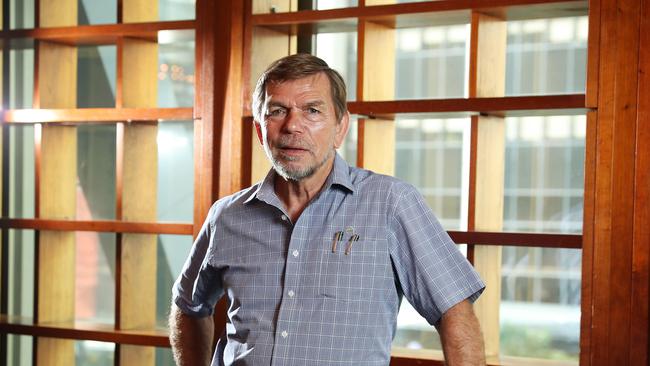
Chris Wallin: the Queensland coal baron keeps a low profile, but profits for his QCoal empire were already falling before China’s ban on Australian coal started to bite. Despite revenue increasing, the increasing cost of exporting coal meant QCoal’s profits fell about 28%.
Sam Chong: Similar to Wallin, Chong’s wealth has taken a hit because of falling coal prices. His Jellinbah Group, which he owns with Japan’s Marubeni Coal and Anglo-American, suffered a 36% profit fall this year. The China coal ban means Jellinbah’s outlook is tough.
John Gandel: the half-owner of Australia’s biggest shopping centre, Melbourne’s giant Chadstone, watched the bricks and mortar retail sector take a battering at the height of COVID-19. It meant Gandel’s stake in Vicinity Centres, which owns the other half of Chadstone, is down 33%, while 7.5% has been wiped off the value of Chadstone.
Harry Triguboff: profits were down 80% at the apartment king’s Meriton, though the irrepressible Triguboff is already benefiting from more domestic travel that boosts his huge serviced apartments business. Property prices are likely to increase as well, though Triguboff still wants an increase in migration to further boost Meriton sales.
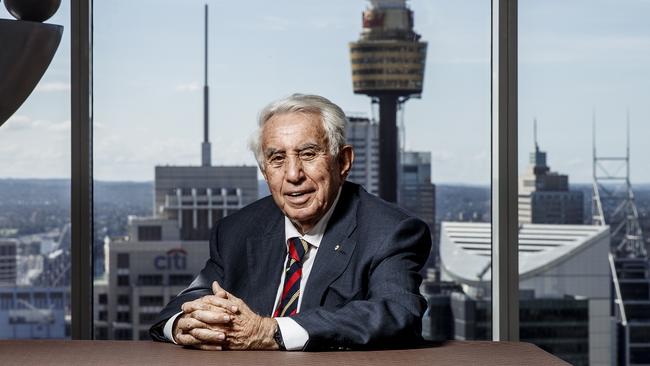
Alan Rydge: COVID kept cinemas empty for many months, putting pressure on the share price of Rydge’s Event Hospitality and Entertainment business. It has meant his stake in the cinema, hotel and resorts business has fallen 30% since January 1.
James Packer: a gruelling appearance before the NSW Independent Liquor and Gaming Authority’s inquiry into Crown Resorts’ Sydney casino licence was a rare foray into the public spotlight for the billionaire. Longer term there are question marks about his big stake in Crown, which has fallen about 20% in value this year and helped drive his private Consolidated Press Holdings to a $400m loss.
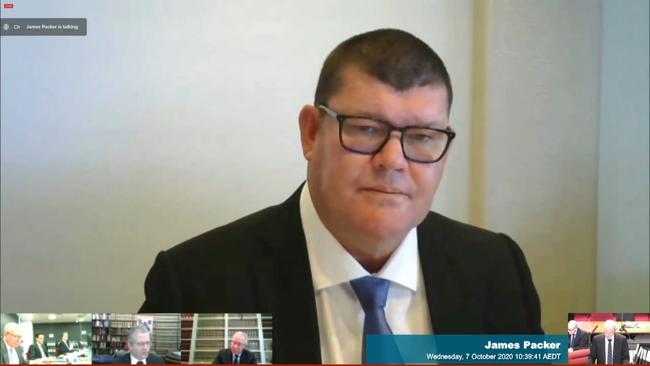
Patrick Grove: the one-time darling of media investors raised $US220m for his pan-Asian streaming service iFlix to give it a billion-dollar valuation. But the business burned plenty of cash and was acquired by China’s Tencent Holdings in June at a substantial discount to previous valuations.
Rob Luciano: the star Sydney hedge fund manager admitted a disastrous March quarter was “unacceptable” as his VGI Partners missed the subsequent market comeback that caused profits to plunge and performance fees slashed. VGI shares are down more than 40% this year.
Michael Hintze: the London-based billionaire’s CQS reportedly suffered a record 40% loss this year after the firm’s investments struck trouble at the height of COVID. The hedge fund manager’s bets on distressed debt, asset-backed securities and volatile strategies failed to pay off.
Jerry Schwartz: the owner of 15 hotels across the eastern seaboard suffered a big fall in vacancy rates during COVID. He now has the Four Points by Sheraton in Sydney up for sale for about $180m to help ease cashflow problems.


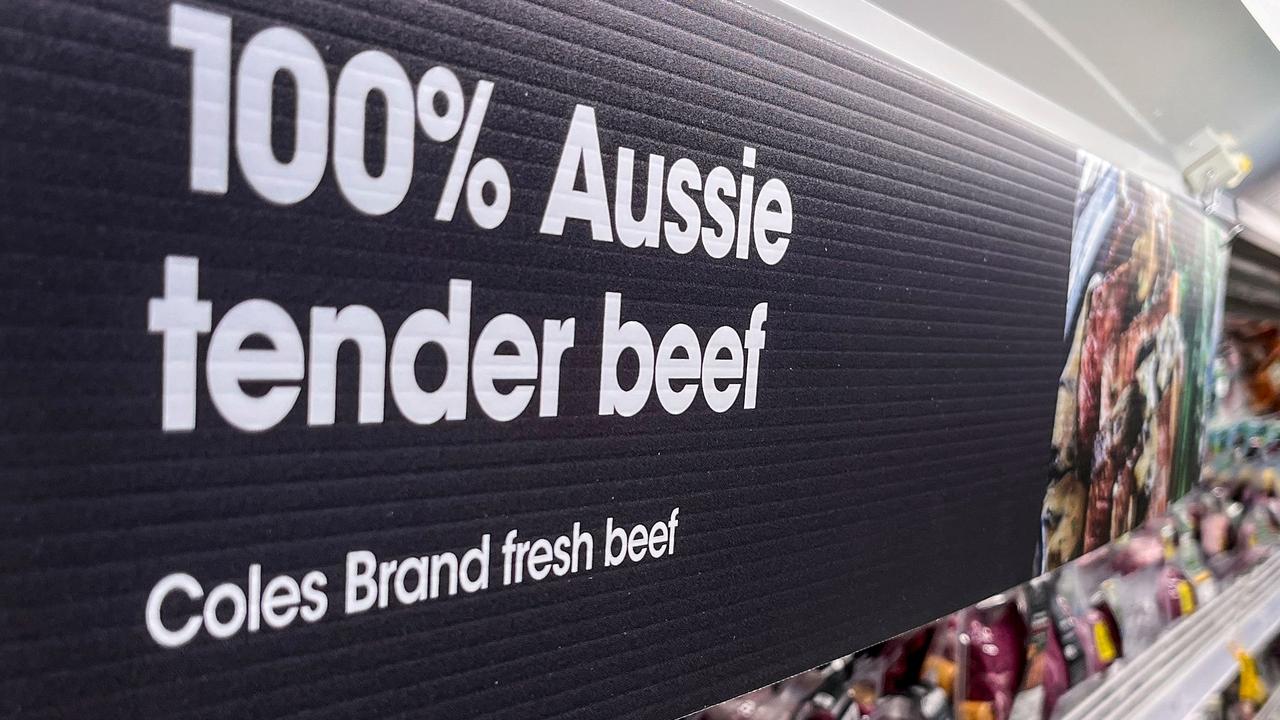
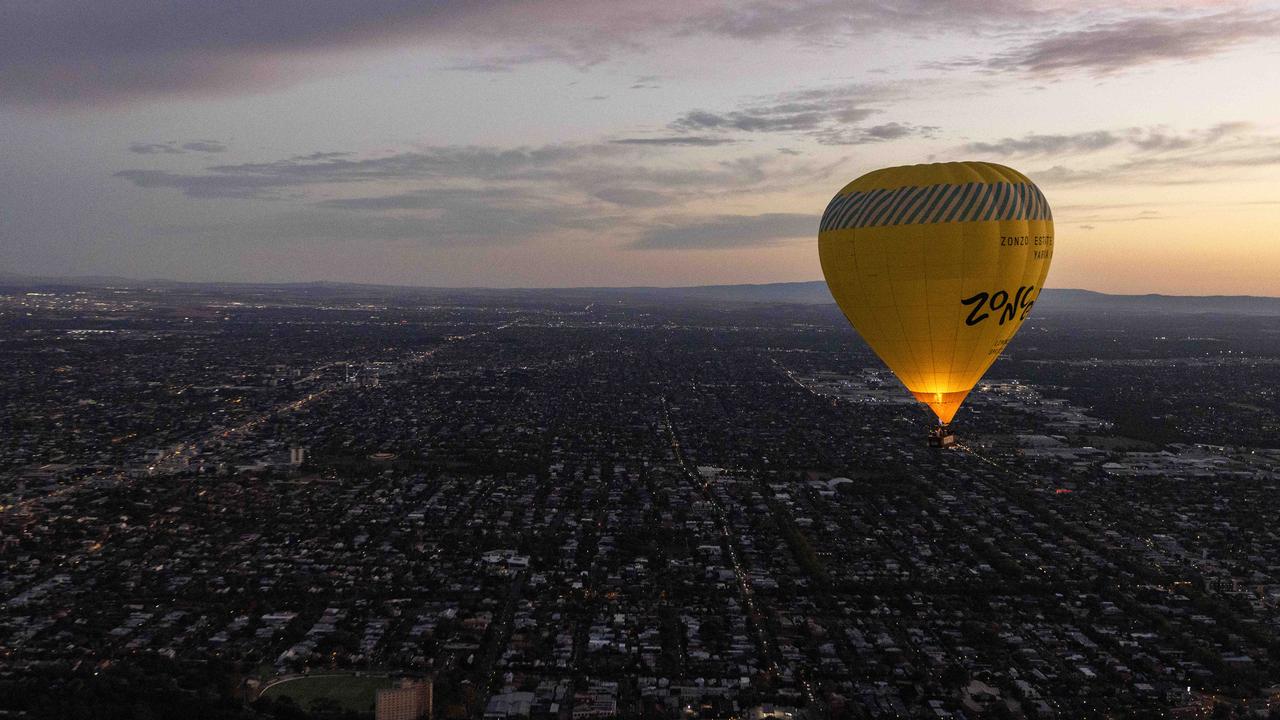
To join the conversation, please log in. Don't have an account? Register
Join the conversation, you are commenting as Logout